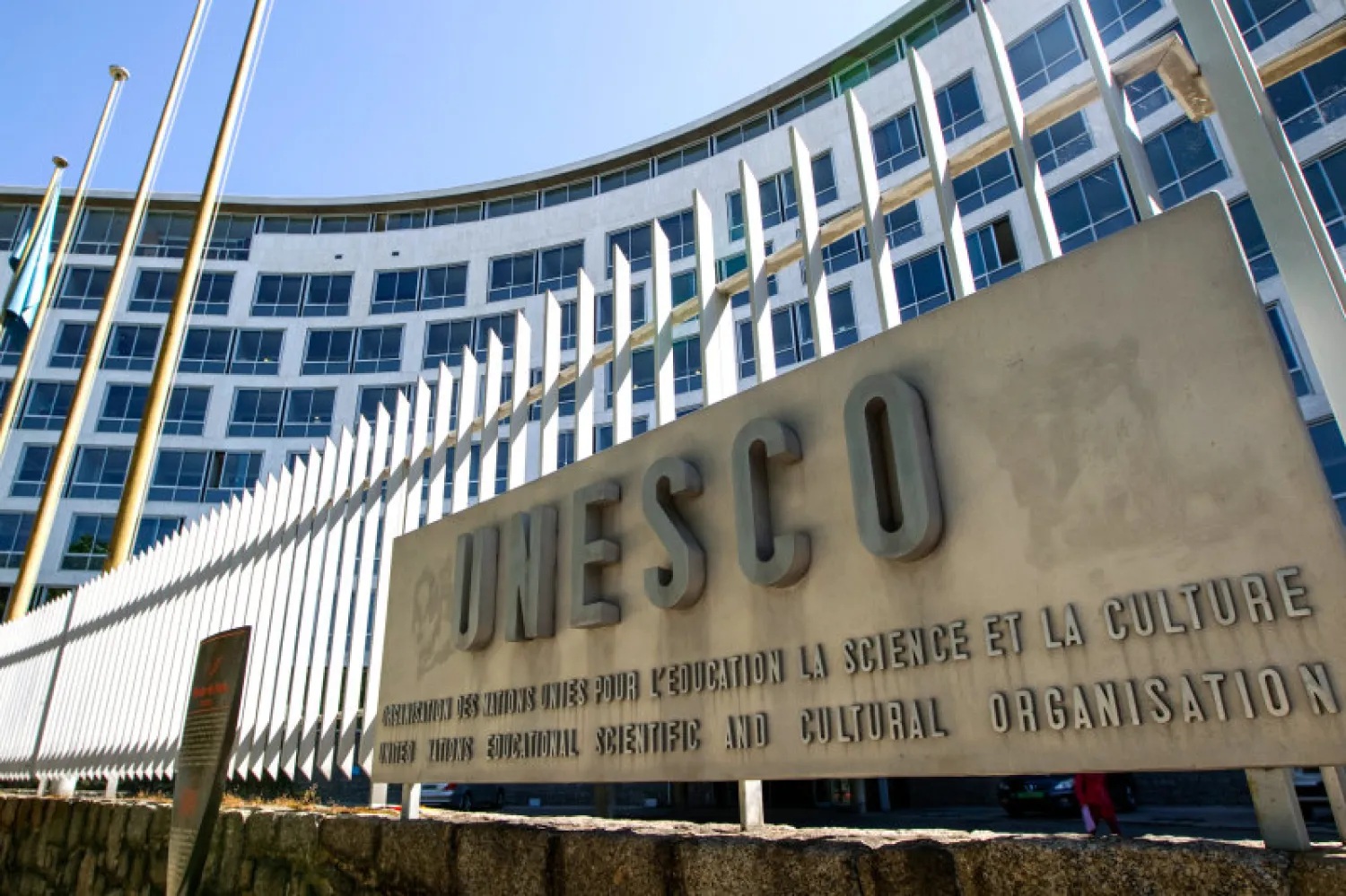On Tuesday, the Trump Administration officially announced its second withdrawal from the United Nations Educational, Scientific, and Cultural Organization (UNESCO). The statement came from State Department spokeswoman Tammy Bruce, who explained that continued U.S. participation is “no longer in the national interest.”
According to Bruce, UNESCO has strayed from its founding mission of fostering global cultural and educational understanding. Instead, it is now seen as promoting divisive social causes, particularly through anti-Israel rhetoric and politicized initiatives on gender and racial equity.
This isn’t the first time UNESCO has found itself at odds with American administrations. President Trump had previously pulled the U.S. out of the agency in 2017, largely due to UNESCO’s recognition of the “state of Palestine.” The Biden Administration later reversed that decision in 2023, paying $600 million in back dues to rejoin.
However, the return did not go as smoothly as hoped. UNESCO initiatives like the “anti-racism toolkit” and reports challenging traditional masculinity drew criticism from U.S. conservatives, who argue the organization is now more focused on social engineering than its original educational mission.
📜 Historical Context U.S. Withdrew from UNESCO
The U.S.-UNESCO relationship has been a roller coaster. The U.S. was a founding member of UNESCO in 1945 but has withdrawn multiple times, including in 1984 under the Reagan administration due to concerns over mismanagement and anti-Western bias. The Obama administration re-engaged, only for Trump to withdraw again in 2017, citing similar concerns.
The Biden administration rejoined in 2023 under the argument that U.S. presence was necessary to counter China’s rising soft power. However, the move proved costly, both in terms of money and domestic political capital, with critics pointing to UNESCO’s increasingly ideological content as evidence the re-engagement had failed.
The ongoing debate surrounding UNESCO’s evolving focus has sparked controversy among conservatives, who argue the organization is now more focused on social engineering than its original educational mission. Despite these concerns, the U.S.-UNESCO relationship has been a roller coaster marked by multiple withdrawals and re-engagements.
The U.S. was a founding member of UNESCO in 1945 but has withdrawn at various points, including in 1984 under the Reagan administration due to concerns over mismanagement and anti-Western bias. Following periods of withdrawal, the Obama administration re-engaged, only for Trump to withdraw again in 2017, citing similar concerns. The Biden administration’s decision to rejoin in 2023 was justified by the argument that U.S. presence was necessary to counter China’s rising soft power, though critics highlighted the costly nature of the move in terms of money and domestic political capital, pointing to UNESCO’s increasingly ideological content as evidence the re-engagement had failed.
💡 Summary of the Latest UNESCO Criticisms
UNESCO’s critics, including legal scholar Eugene Kontorovich, argue that the organization has lost its educational neutrality and turned into a platform for pushing left-leaning ideological agendas. Key flashpoints include:
- Use of the term “occupied Palestine” to refer to Israel
- Promotion of gender norm content like “Transforming MENtalities”
- A focus on climate justice and racial inequities, which some interpret as political rather than cultural
While the UNESCO Director-General Audrey Azoulay emphasized the importance of American involvement for global cooperation, the Trump administration maintained that the U.S. should not fund organizations that do not reflect American values or strategic interests.
Read the full UNESCO response here: UNESCO Statement on U.S. Withdrawal (2025) 🔗 (DoFollow link)
🧠 Key Implications for U.S. Foreign Policy
- Loss of Soft Power Influence: The U.S. exits a key stage for global dialogue on cultural and educational matters, leaving more room for China and others to shape the agenda.
- Budget Savings vs Strategic Void: While the withdrawal ends a $600 million financial commitment, it could also mean relinquishing oversight and control over influential narratives.
- Domestic Political Messaging: The decision plays well to Trump’s base, reaffirming themes of sovereignty and nationalism.
- Impact on Global Partnerships: International partners may see this as a step back from multilateralism, affecting broader diplomatic relations.
- Precedent for Future International Engagements: This decision may set a precedent for future reevaluations of U.S. involvement in international institutions based on ideological alignment.
📌 Points to Remember
- The U.S. withdrew from UNESCO again in July 2025, citing political bias and deviation from its original mission.
- The move aligns with previous Trump administration policies but reverses the Biden-era decision to rejoin.
- Key criticisms include anti-Israel positions, promotion of divisive social themes, and ideologically-driven reports.
- The withdrawal saves financial resources but may cede soft power influence to countries like China.






Be First to Comment